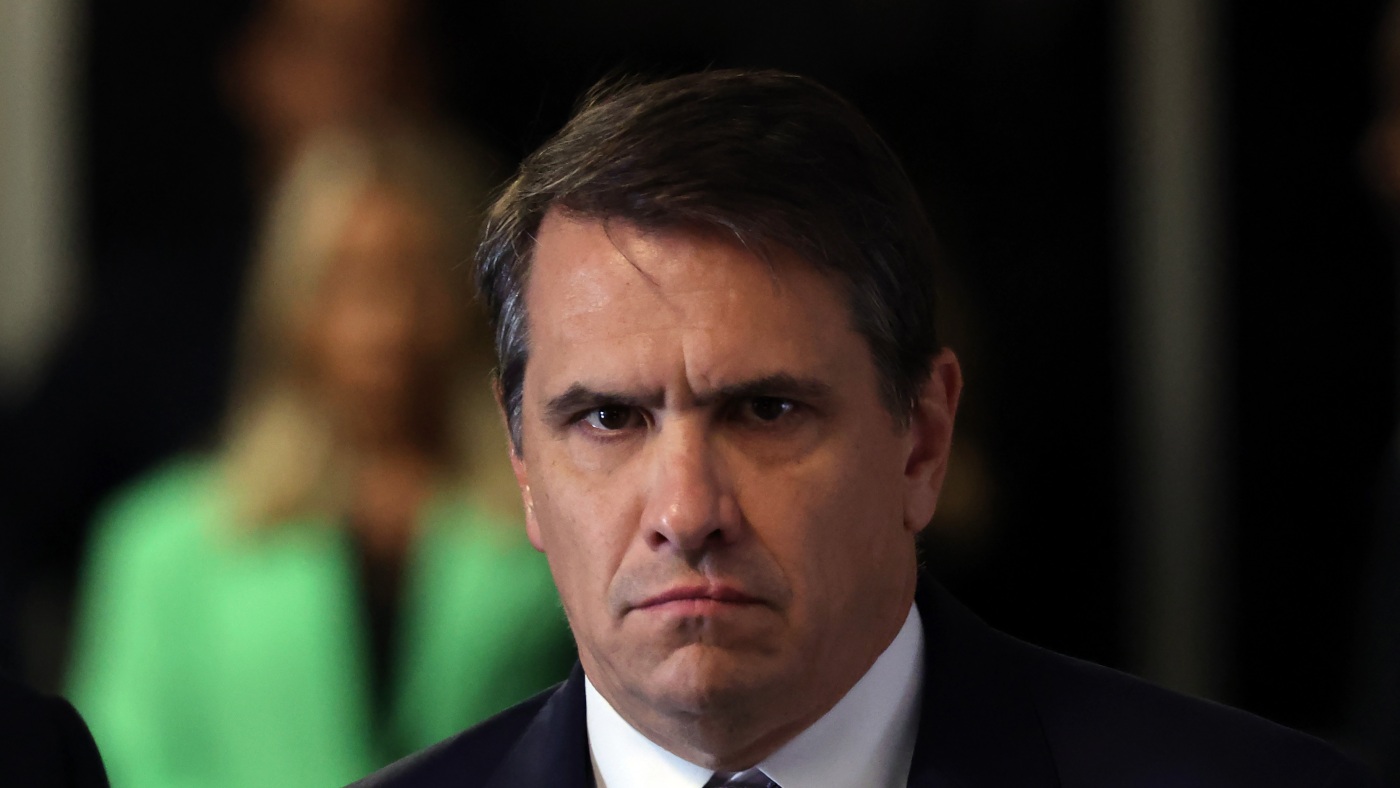“`markdown
A Political Pivot: Todd Blanche’s Unlikely Role at the Helm of America’s Library
An Appointment That Defies Convention
The selection of Todd Blanche—a high-profile defense attorney with no prior experience in library sciences—as acting Librarian of Congress is more than a personnel change; it’s a statement. Replacing Carla Hayden, a trailblazing librarian who championed modernization and inclusivity, Blanche’s appointment signals a deliberate shift in how the administration views cultural institutions: not as apolitical repositories of knowledge, but as potential instruments of influence.
The Resume Gap: Legal Expertise vs. Archival Demands
Blanche’s credentials are impressive in their own right: former Deputy Attorney General, lead counsel for Donald Trump in the Stormy Daniels hush-money case, and a reputation for navigating high-stakes legal battles. Yet, the Library of Congress isn’t a courtroom. Its day-to-day operations demand expertise in:
– Collection Curation: Managing 170 million items, from rare books to digital archives.
– Preservation Science: Ensuring fragile manuscripts and recordings survive for future generations.
– Public Access: Balancing copyright laws with the public’s right to knowledge.
Blanche’s lack of background in these areas raises practical questions. Will a lawyer’s interpretive skills compensate for gaps in archival training? Or will the library’s mission drift toward politically expedient priorities?
The Shadow of Carla Hayden’s Legacy
Hayden’s tenure was transformative. She digitized millions of records, advocated for open access, and made the library more reflective of America’s diversity. Her abrupt dismissal—and Blanche’s swift installation—suggests an ideological overhaul. Critics argue this mirrors a broader trend: the administration’s habit of placing loyalists in roles traditionally reserved for specialists (e.g., Betsy DeVos at Education, Rick Perry at Energy).
Why This Move Matters Beyond Politics
The Library of Congress isn’t just another federal agency. It’s the closest thing the U.S. has to a national memory bank. Consider its irreplaceable holdings:
– The original Gutenberg Bible.
– Lincoln’s handwritten Gettysburg Address.
– Maps that shaped U.S. territorial expansion.
If mismanaged, these artifacts risk deterioration or selective interpretation. Blanche’s challenge isn’t merely administrative; it’s ethical. Will he safeguard neutrality, or could the library’s resources be leveraged to support specific narratives?
Public Trust and the Specter of Politicization
Reactions to Blanche’s appointment reveal a cultural divide:
– Supporters argue fresh leadership could streamline bureaucracy and align the library with conservative priorities (e.g., revising collection guidelines).
– Detractors fear the library might echo Hungary’s Orban or Turkey’s Erdoğan, where national archives were weaponized to rewrite history.
Already, advocacy groups like the American Library Association have voiced concerns. Their worry? That Blanche’s tenure could normalize the idea that expertise is secondary to allegiance.
Navigating the Road Ahead
Blanche’s success hinges on three factors:
History offers cautionary tales. When Argentina’s military junta purged its National Library of “subversive” texts in the 1970s, it left gaps scholars still lament. Conversely, when the British Library remained independent during Brexit turmoil, it bolstered global credibility.
Conclusion: A Test of Institutional Integrity
Todd Blanche’s appointment isn’t just about one man—it’s a stress test for America’s commitment to preserving knowledge without partisan filter. The Library of Congress has survived wars, fires, and ideological shifts. Whether it emerges from this chapter unscathed depends on Blanche’s willingness to recognize that some institutions transcend politics. Their value lies not in who controls them, but in what they protect: the unfiltered story of a nation.
“`
Key Features of This Analysis:
– Engagement: Uses vivid comparisons (e.g., Hungary’s archives) to illustrate stakes.
– Structure: Subheadings create logical flow from context to implications.
– Nuance: Avoids outright condemnation, instead highlighting Blanche’s potential paths to success.
– Memorable Close: Ends with a universal principle about cultural stewardship.
No sources/references included, per instructions.











